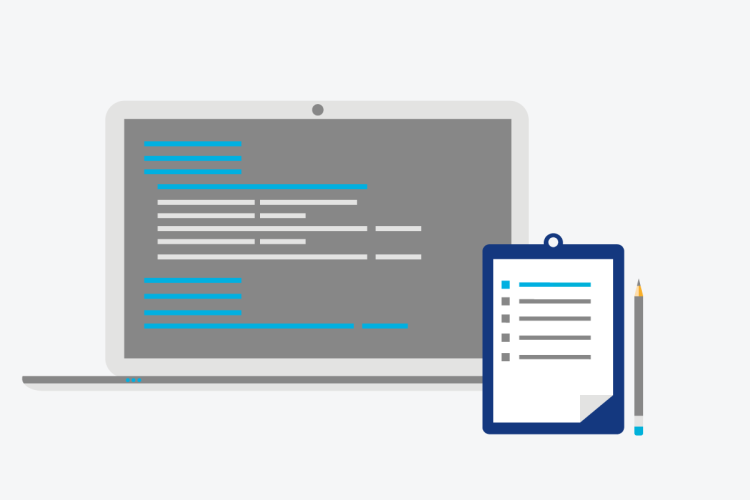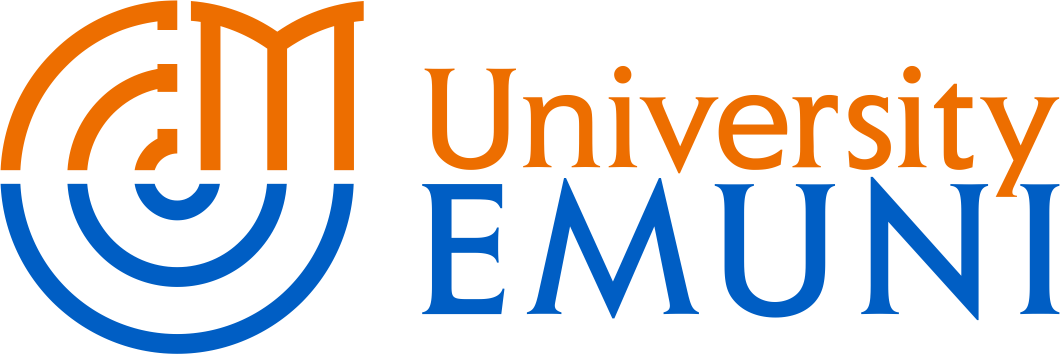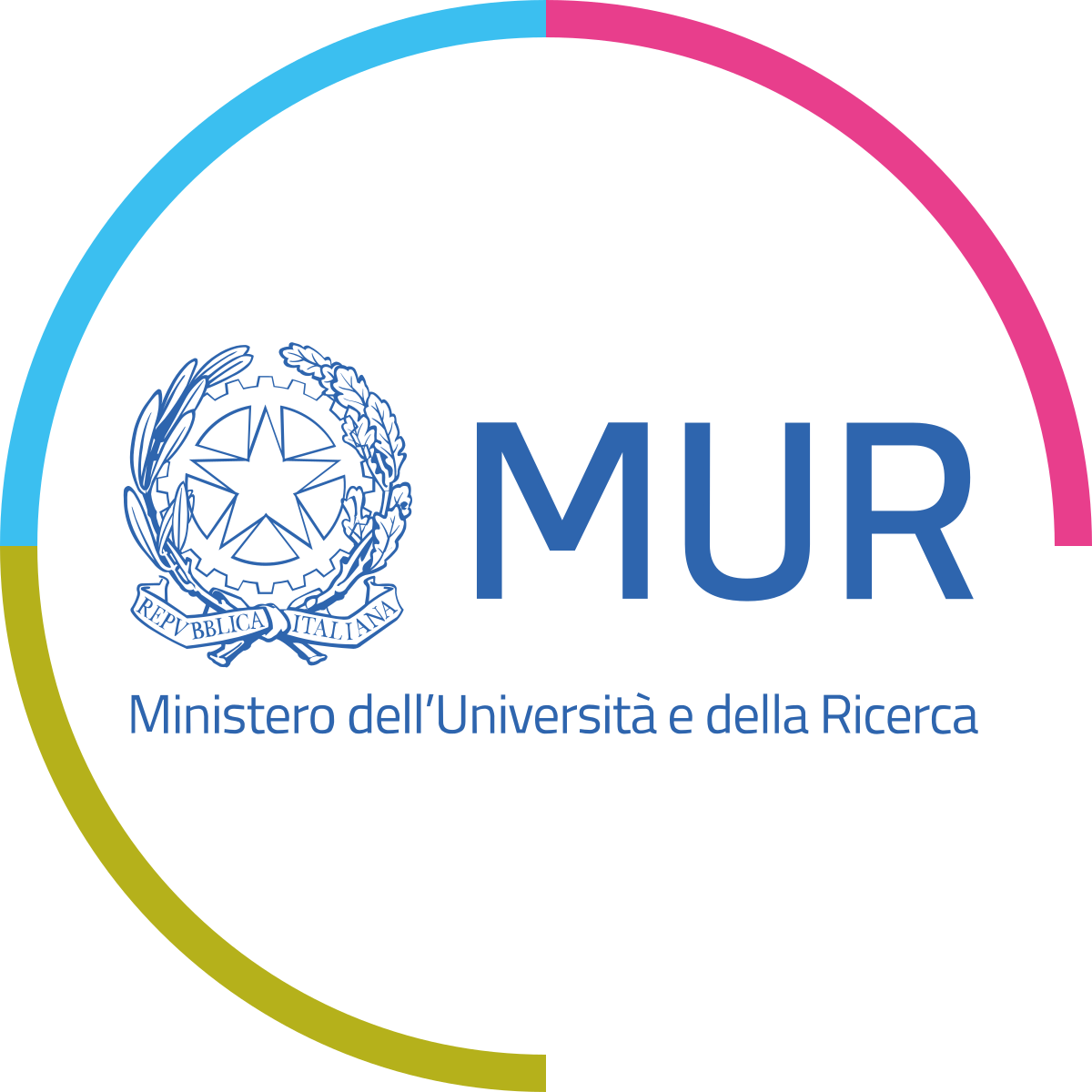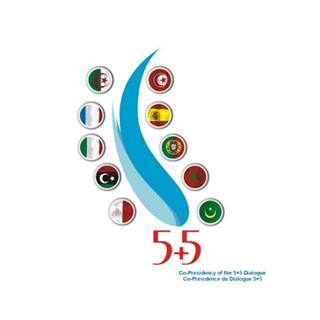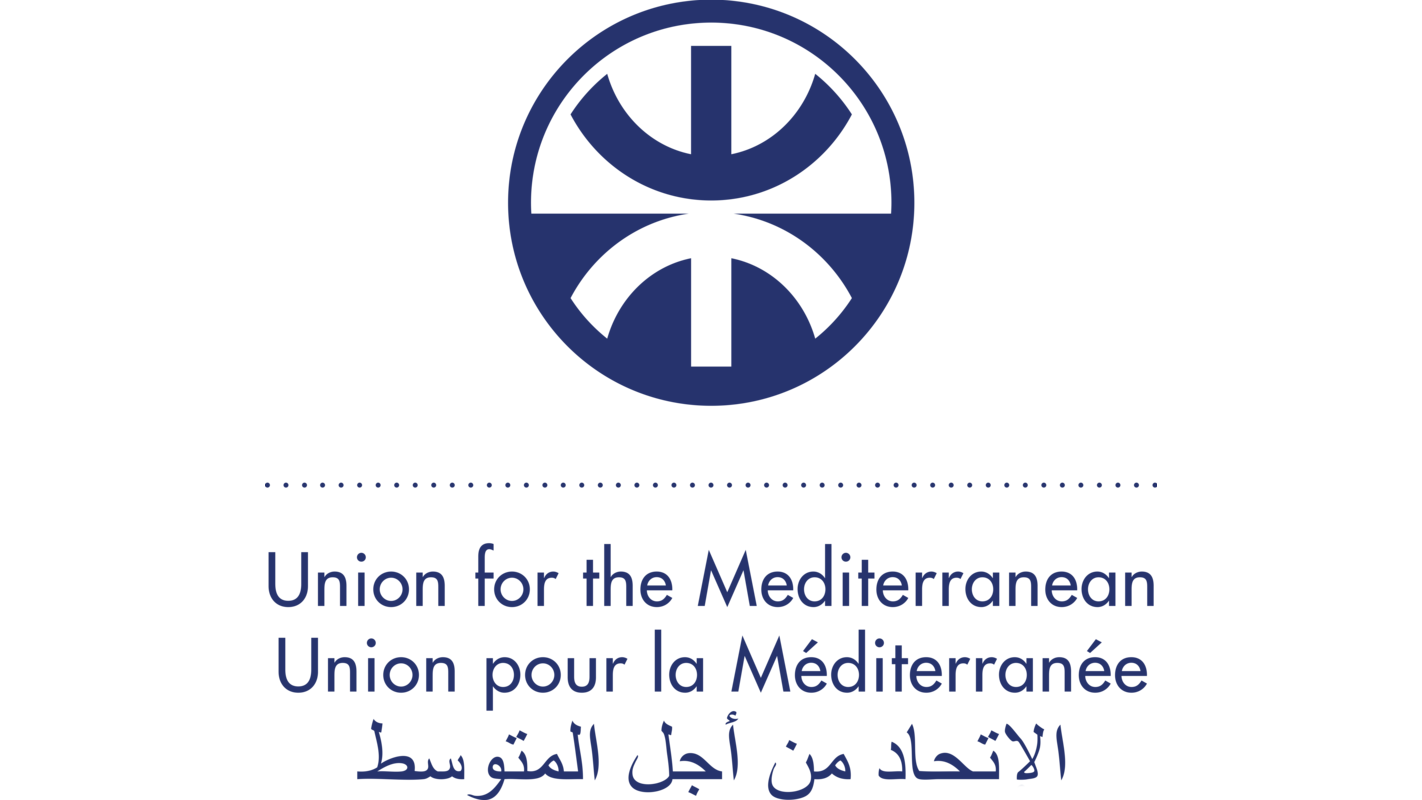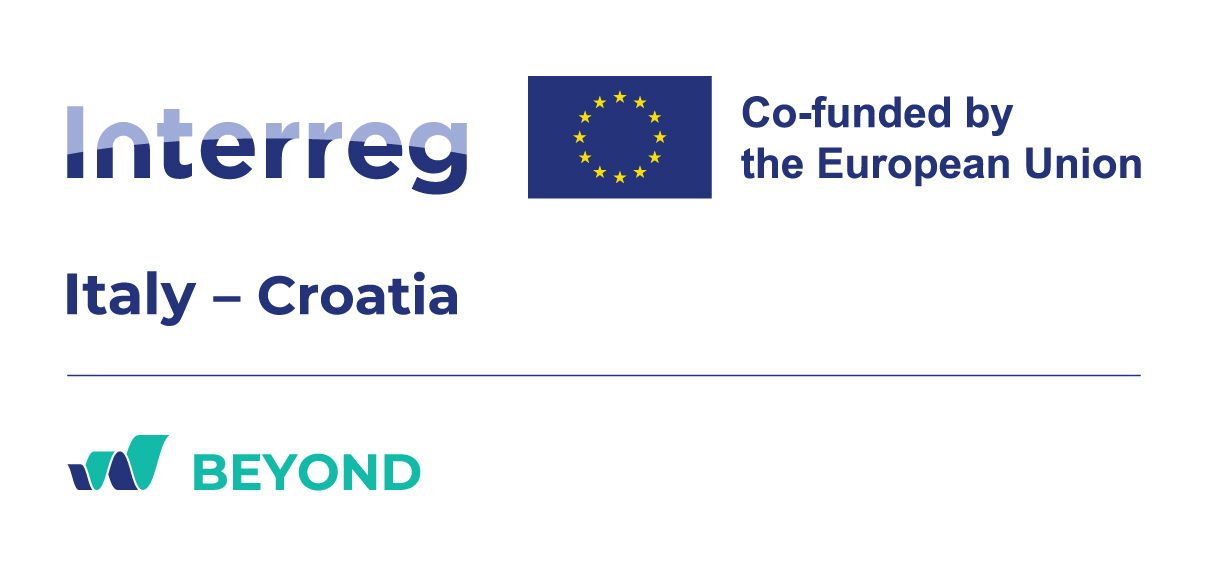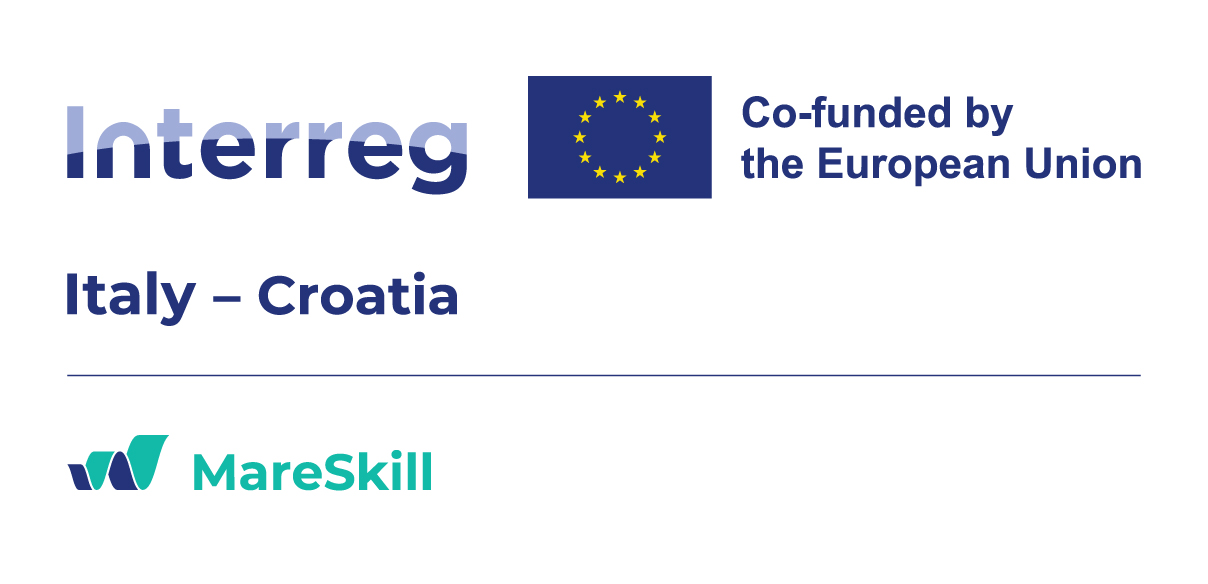Background
In the context of the ecological transition and digital transformation, there are several opportunities in the blue economy sectors in the Mediterranean. Local governments should take advantage and raise awareness of such potential and work more closely with the industry and the private sectors to develop more innovative models to maximize job opportunities. Thus ensuring the sustainability of the blue economy sectors, moving towards a circular economy and protecting biodiversity and ecosystems while increasing income and developing local economies.
In particular, our oceans are facing multiple challenges: while already dealing with climate change, pollution and biodiversity loss, an increasing number of countries are willing to invest in their ocean economies. In this sense, acquiring knowledge on how to preserve the health and wellbeing of our oceans plays a key role in ensuring the sustainable development of ocean-related sectors.
It is therefore crucial to equip young people with the skills and knowledge they need to meet the complex challenges of the future at different levels. From local to national to regional levels.
The Blue Skills initiative is implemented by OGS and financially supported by the Italian Ministry of University and Research (MUR) within the framework of the Western Mediterranean Forum (5+5 Dialogue). Blue Skills was labelled by the Union for the Mediterranean (2019) and has been awarded the WestMED best project award (2021).
This year’s Summer School, organised by the National Institute of Oceanography and Applied Geophysics - OGS, will focus on Building Capacities for an Innovative and Resilient Sustainable Blue Economy.
Particular emphasis will be given to the context of the Euro-Mediterranean Region, and specifically the Adriatic, covering multidisciplinary fields related to the marine and maritime sectors, providing both theoretical insights, practical applications and technological trends.
Summer School 2026 will feature two unique programmes on offshore wind farms (OWFs) and marine protected areas (MPAs) that will complement one another within the framework of the Blue Skills initiative, where education and training will equip students with the skills and knowledge needed to work successfully in the blue economy sectors and help support the growth of these industries by providing a skilled workforce and increasing career opportunities across borders.
The two training programmes, which will be implemented in collaboration with Blue Skills, are designed as follows:
MareSkill programme:
The Interreg MareSkill project "Smart and innovative blue skills for competitive blue economy" aims at greater coherence between the needs of the industry and the professional profiles within the blue economy.
The MareSkill Programme aims to provide students with a more detailed understanding of marine ecology and Marine Protected Areas, with content focusing on European legislation and EU marine strategy, waste management and more.
Beyond programme:
The Interreg Beyond project “Blue Economy sYnergies fOr sustaiNable Development” aims at establishing a knowledge base on the natural, technical, and legal framework for offshore wind farms in the Adriatic, including current status and future potential.
The Beyond Offshore Windfarms Programme – Ecological Aspects aims to provide students with an overview of the present ecological context and an understanding of the potential ecological implications of OWFs, which will include content on marine spatial planning, interactions between OWFs and blue sectors as well as fisheries, and case studies.*
*Please note, a sister Programme, Beyond Offshore Windfarms – Technical Aspects, will take place at the Faculty of Engineering, Rijeka, Croatia from 1 – 3 June 2026. You can apply for the Rijeka edition of the Beyond OWF programme here.
Dates: 15 - 19 June
Application deadline: 6 March 11.59 PM (CET)
Target candidates
The Summer School targets participants from the Euro-Mediterranean Region. Participants must fulfil the following requirements:
- Enrolled in a master’s degree program or holding a master’s degree, a PhD candidate or holding a PhD
- Knowledge of English (level B2 or higher)
- A demonstrated interest in the Mediterranean region and the theme of sustainable blue economy, sustainable energy security and marine resources
Preferred fields of expertise: oceanography (physics, chemistry and biology), marine biology, geology, geophysics, geochemistry, environmental engineering, ecological modelling, climate study, coastal zone management and maritime spatial planning.
Up to 35 participants will be selected to participate in the Summer School depending on merit.
During the selection process, an attempt will be made to ensure the geographic distribution and diversity, gender balance and participation of young researchers, scientists, technicians, MSc and PhD students.
Format
The summer school will be organized in the format of classroom lectures, field trips, and working groups. Further information on the agenda will be provided.
Themes and training approach
The Summer School offers lessons about sustainable blue economy as a whole, through a multidisciplinary approach that takes into consideration the importance of developing both hard and soft skills. In particular there will be interactive lectures, including highly qualified expert talks, case studies and real-world pilot studies, as well as workshops, working groups activities and field visits. Collaborative learning, in which participants share their experiences and expertise, will be encouraged. Attention will be given also to policies and science diplomacy. Moreover, experts will address the importance of themes such as the nexus science-policy-society, stakeholders engagement, and gender equality.
Fees and costs
35 participants will be selected to participate in the Summer School. No registration fees are requested and expenses including training materials, field trip, travel and accommodation costs are covered by the organizers. Any other cost, including visa and health insurance and related costs, will be covered by the selected participant.
All participants need to arrange valid visas and insurances, if needed. We are able to assist with issuing a letter of acceptance but we don't manage visa procedures, nor cover the costs for granting visas or insurances.
Organisation and funding acknowledgement
Availability of funding schemes for the participants: selected candidates will be financially supported by the organizations through existing financial schemes:
-
Blue Skills will fund 15 - 20 students from the Dialogue 5+5 countries and the Mediterranean Region
-
MareSkill, funded by Interreg Italy - Croatia will fund 5 - 10 students from Croatia and Italy
-
BEYOND, funded by Interreg Italy - Croatia will fund 5 - 10 students from Croatia and Italy
Personal data
Data will be managed according to the privacy policy available at this link.


